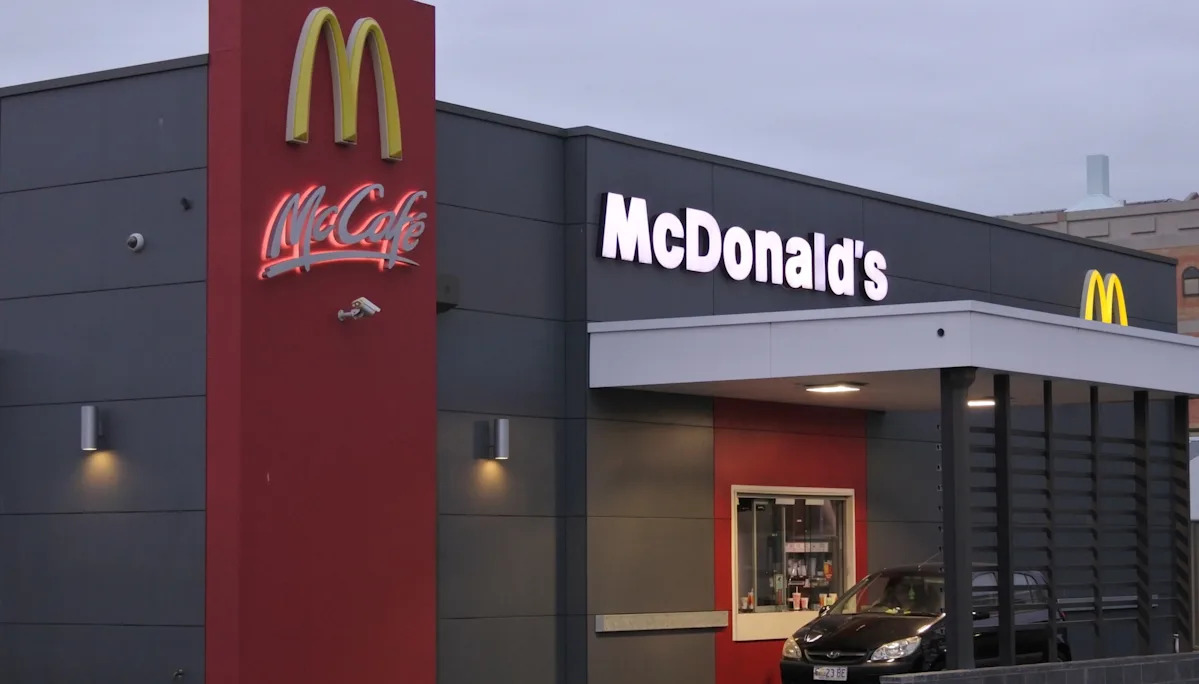Lunchtime in Macon, Georgia, took a turn when a 12-foot alligator appeared outside a McDonald’s.
What’s happening?
WBAY reported that videos of the encounter quickly spread online, drawing curious residents who came to see the reptile up close.
People crowded the lot, some recording on Facebook Live while others tried to help. A few edged in closer before deputies showed up, unbothered by how fast an animal of that size can move. When the trapper from the Department of Natural Resources arrived, deputies helped corner the gator and move it safely.
No one was hurt, but Captain Linda Howard of the Bibb County Sheriff’s Office said that the crowd took a serious risk. The reptile became a threat when untrained people decided to capture it without any relocation plans.
“We would like to ask people to please stay away from wildlife, no matter what it is,” she told the outlet, urging residents to call trained officers instead.
Why is this concerning?
According to the BBC, researchers link rising human-wildlife interactions in part to resource stress during warmer periods, underscoring the importance of prevention and maintaining safe distances.
Sometimes people make things worse. Park visitors often crowd too near for a close encounter, like tourists approaching an elk just for a photo. Even uneaten food leaves a trail. Failed deliveries and leftovers can turn into easy bait that draws wildlife into harm’s way.
Giving animals room to maneuver is the surest fix. When that space disappears, trouble follows fast.
What’s being done about it?
Wildlife officers are spending more time in neighborhoods, teaching people how to live safely near native species. Conservation crews continue to restore marshes and rebuild corridors so animals can stay within their ranges rather than wander into town.
Local help makes the biggest difference. Cleanup drives and small restoration projects protect the pockets of wetland where alligators live. Businesses have a role, too. When they manage waste properly and maintain green buffers, they reduce habitat loss.
Supporting company-sponsored sustainability projects keeps the momentum alive. Sharing stories like this also helps people stay alert and keep wildlife at bay.
Join our free newsletter for good news and useful tips, and don’t miss this cool list of easy ways to help yourself while helping the planet.

